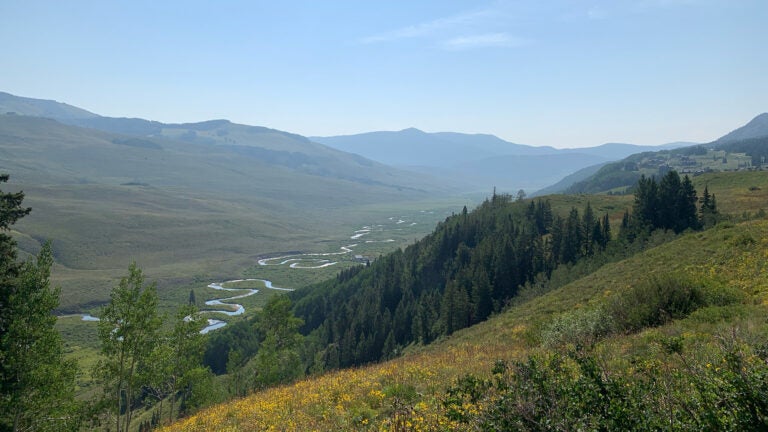USC Earth Sciences offers a 5-year, fully funded Ph.D. program. Support includes tuition and a yearly stipend funded by a combination of research assistantship (RA), teaching assistantship (TA), and, in some cases, fellowships. The number of students accepted in any one year depends on the number of qualified applicants, available space in the department, and acceptance for advisement by one or more professors.
For statistics on the placements of our PhD graduates please visit the USC Graduate School’s PhD Program Characteristics Website.
Ph. D. Requirements
M.S Degree
The Department of Earth Sciences also offers a Master of Science degree to current USC undergraduates through the Progressive Degree Program (PDP).

